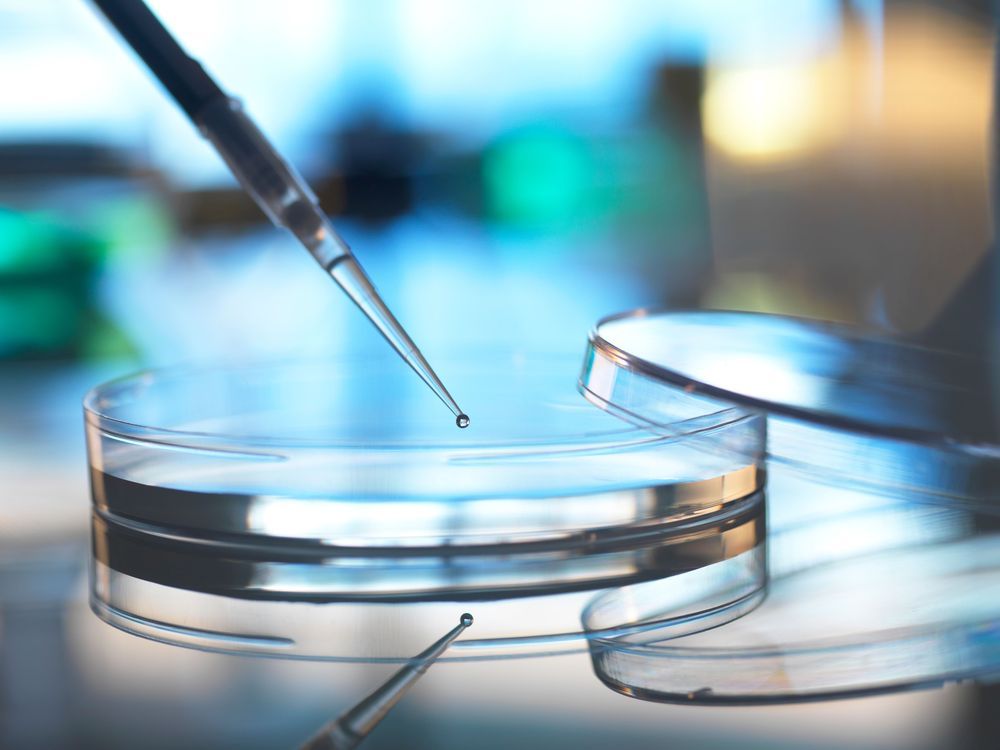
What actually occurs in a superposition—the strange condition in which entities seem to be in two or more places or states at the same? This is the root question in quantum mechanics, and the answer was unknown until now. In a new research paper, a joint team of researchers from Israel and Japan, has described a novel experiment that could finally shed light on the true nature of this puzzling phenomenon.
The researchers estimate that their experiment, that can be carried out within a few months, could possibly allow scientists a sneak peek at where an object like a particle of light i.e. a photon will actually be when it is positioned in a superposition. And as per their predictions, the answer can be even stranger and more baffling than “two places at once.”
The characteristic occurrence of a superposition involves firing photons at two parallel slits into a barrier. One fundamental aspect of quantum mechanics is that the tiny particles can behave like waves, so that those passing through one slit “interfere” with those passing through the other. These wavy ripples either boost or cancel one another to create a new characteristic pattern on a detector screen. The oddest fact is that this interference occurs even if only a single particle is fired at a time. The particle seems to somehow pass through both slits simultaneously and displays interference with itself. This is a true superposition.
Continue reading “Quantum Physics May Be Even Spookier Than You Think” »

















